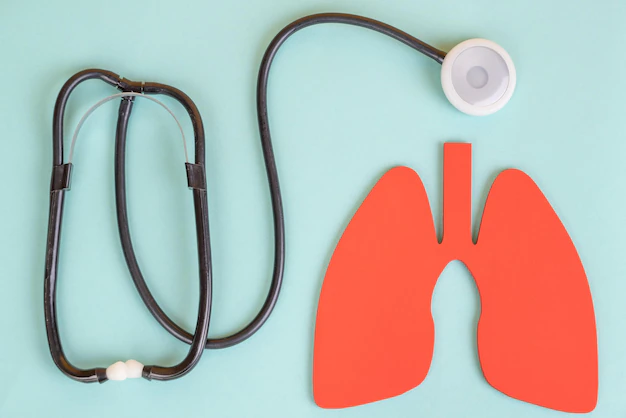Medical Treatment for Chronic Obstructive Pulmonary Disease

Medical treatment is an important aspect of managing chronic obstructive pulmonary disease (COPD). The goal of treatment is to control symptoms, prevent complications, and slow the progression of the disease. Here are some common medical treatments for COPD:
- Bronchodilators: These medications relax the muscles around the airways, making it easier to breathe. Bronchodilators are often delivered through an inhaler or nebulizer.
- Corticosteroids: Corticosteroids reduce inflammation in the lungs and can help to control symptoms of COPD. They are often delivered through an inhaler, but can also be taken orally.
- Oxygen therapy: If your blood oxygen levels are low, your healthcare provider may prescribe oxygen therapy. This involves using a portable oxygen tank or concentrator to deliver extra oxygen to the lungs.
- Pulmonary rehabilitation: Pulmonary rehabilitation is a program that combines exercise, education, and counseling to help individuals with COPD improve their lung function, manage symptoms, and improve their quality of life.
- Antibiotics: If you have a bacterial infection, such as pneumonia, your healthcare provider may prescribe antibiotics to treat the infection and prevent it from worsening your COPD symptoms.
- Vaccinations: Vaccinations, such as the flu vaccine and pneumococcal vaccine, can help to prevent respiratory infections that can worsen COPD symptoms.
- Surgery: In severe cases of COPD, surgery may be necessary to remove damaged lung tissue or to improve air flow in the lungs.
It’s important to work with your healthcare provider to develop a treatment plan that is tailored to your specific needs and symptoms. While there is no cure for COPD, with proper treatment and management, you can slow the progression of the disease and improve your quality of life.
